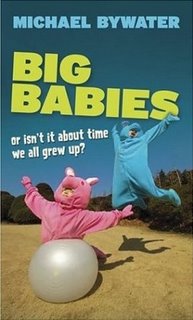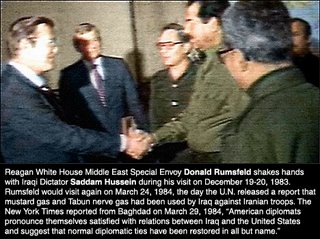Christopher Hitchens has a new thing in
Vanity Fair on why women aren’t funny. Seriously – that’s the topic.
Read it
here. Below is my abbreviated version, with comments:
Be your gender what it may, you will certainly have heard the following from a female friend who is enumerating the charms of a new (male) squeeze: "He's really quite cute, and he's kind to my friends, and he knows all kinds of stuff, and he's so funny … " (If you yourself are a guy, and you know the man in question, you will often have said to yourself, "Funny? He wouldn't know a joke if it came served on a bed of lettuce with sauce béarnaise.")
Zing! Snap! Seriously, if you’re trying to prove that men are funnier than women, you really ought to lead with a joke that’s actually, you know, funny.
However, there is something that you absolutely never hear from a male friend who is hymning his latest (female) love interest: "She's a real honey, has a life of her own … [interlude for attributes that are none of your business] … and, man, does she ever make 'em laugh."
Now, why is this? Why is it the case?, I mean.
Because no one ever actually speaks like this? That’s one reason that jumps out at me right away.
Why are women, who have the whole male world at their mercy, not funny? Please do not pretend not to know what I am talking about.
I’m sorry: I have no idea what you are talking about, and I’m really not pretending. I don’t want to play the “some of my best friends are X” card here, but I really do know a whole lot of funny ladies. And you know what else? Funny ladies turn my crank.
All right—try it the other way (as the bishop said to the barmaid).
Now you’re not even trying, Hitch…
Why are men, taken on average and as a whole, funnier than women? Well, for one thing, they had damn well better be. The chief task in life that a man has to perform is that of impressing the opposite sex, and Mother Nature (as we laughingly call her) is not so kind to men. In fact, she equips many fellows with very little armament for the struggle. An average man has just one, outside chance: he had better be able to make the lady laugh. Making them laugh has been one of the crucial preoccupations of my life. If you can stimulate her to laughter – I am talking about that real, out-loud, head-back, mouth-open-to-expose-the-full-horseshoe-of-lovely-teeth, involuntary, full, and deep-throated mirth; the kind that is accompanied by a shocked surprise and a slight (no, make that a loud) peal of delight—well, then, you have at least caused her to loosen up and to change her expression. I shall not elaborate further.
That’s right: funny guys get more ass than a toilet seat. I can certainly attest to that. Even if, as used to happen pretty much all the time, the woman I was filling with deep-throated mirth opted to mate with someone more brooding and handsome, I was always comforted in the knowledge that it was
me she
really wanted. I exposed her horseshoe of teeth, after all – how sexy is that?
Women have no corresponding need to appeal to men in this way. They already appeal to men, if you catch my drift.
Tee hee hee, sure do, you dirty dog! Hear you loud and clear! Tee hee hee.
Rowf, rowf!
It goes on like that. Women aren’t funny unless they are lesbian, Jewish, or fat. Women aren’t funny because they’re smarter than men. Women aren’t funny because they can give birth, and there’s nothing funny about that.
The best part, for me, was when he identifies “self-deprecation” as “almost masculine by definition.” At the risk of making the kind of sweeping generalization that is the very engine of Hitch’s essay, self-deprecation has always seemed to me to come easier to women than to men, for a lot of no-so-great reasons that should be fairly obvious when you think about it. The worst, most pompous, self-important, and humourless people I have encountered have tended to be men.
It’s probably not all that surprising that someone who has lost all ability to analyze power relationships on a geopolitical level is also blind to such relationships on a man-to-woman level. I’ve never met Christopher Hitchens (though I did stand near him at a party!), but I’m guessing that most of the female laughs he does manage to get are a direct result of A) the fact that he’s famous, and people will laugh at most things famous people say if it sounds as though it's meant to be funny; B) the fact that he’s British and well educated, and can therefore phrase anything, even the tritest shit (see everything above, for example), to make it sound like wit of the first order; and C) the fact that most women Hitch would likely come into contact with are polite, and would choose not to embarrass a fat sweaty drunk by giving him the eye-roll he clearly deserves. He also doesn’t seem to understand the very basic difference between someone with a sense of humour, and someone who merely
makes a lot of jokes.
And I know the trap I’m falling into here, letting myself get provoked by an article that says “Provocation” right over the title. And I’m aware of the rhetorical self-defence mechanism built right into the essay: “Didn’t find it funny? Proves my point.” Which is, sadly,
exactly the line being used by the previously funny
Graydon Carter,
VF’s editor.
[
thanks to Bookninja and Powells.com for the links]












